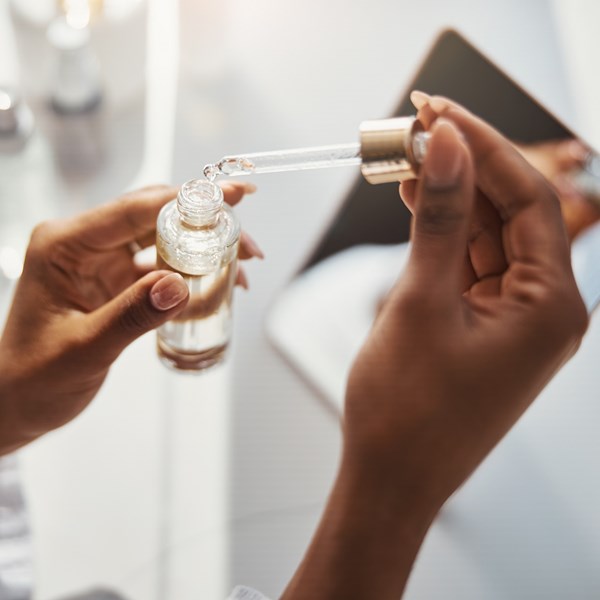Healthwashing is the term used to describe the act of making a product (most frequently a food or drink) appear healthier than it is by making certain claims.
These claims could be any non-mandatory food information, message, or communication that indicates, suggests, or implies specific characteristics of a food product, beyond what is legally mandated.
The most common types of claims are nutrition, health, and pharmaceutical claims.
WHAT IS A NUTRITION CLAIM?
According to Regulation (EC) 1924/2006, a nutrition claim is characterised as any statement that asserts, suggests, or hints at a food product possessing specific nutritional properties related to its energy, nutrients, and other constituents, whether in higher, lower, or non-existent quantities.
These claims are only permitted if listed on the Annex of the regulation - examples seen in the table below.
| Low/very low | Free | No added | Contains/source of | High in | Increased/reduced | |
| Examples | Low salt or fat | Sodium free | Natural | Source of protein | High omega 3 | Light |
WHAT IS A HEALTH CLAIM?
If you are claiming your product or ingredients within the product provides a particular benefit to the consumer’s health (for example 'Calcium supports normal energy metabolism'), it must be supported by scientific evidence and the European Food Safety Authority (EFSA) should carry out assessments, according to the regulation.
In the regulation you can find authorised health claims. Most of these relate to vitamins and minerals.
Within the EU there are four main types of health claims:
- General and nonspecific
- Healthy, good for you, etc.
- Claims that do not pertain to the reduction of the risk of disease
- Functions of the body, weight control, etc.
- Claims lowering the risk of disease
- Child growth and development
- “Vitamin D is needed for the normal growth and development of bone”
All claims must undergo an authorisation process, which depends on the applicant's ability to supply sufficient scientific evidence demonstrating the association between the substance and the claimed health benefit.
WHAT IS THE DIFFERENCE BETWEEN A HEALTH CLAIM AND A NUTRITION CLAIM?
A reference indicating a health function or effect, such as 'contains antioxidants' or 'contains probiotics,' is categorised as a health claim.
Conversely, mentioning a specific ingredient, like 'contains lutein' or 'contains lactobacillus,' is a nutrition claim.
WHAT IS A PHARMACEUTICAL CLAIM?
A pharmaceutical claim is a product intended for the treatment or prevention of diseases in humans or animals. It can also be used or administered to humans or animals for the purpose of restoring, modifying, or influencing physiological functions through pharmacological, immunological, or metabolic effects, or for medical diagnosis.
This can be assessed through:
- Claims
- Marketing material, homepages
- Text and pictures on the product
- Comparison with existing pharmaceuticals
- Trade mark of the product i.e. ”OBESITY FIGHTER” or ”INFLU-STOP”
- The physical shape of the product - does it look like a pharmaceutical?
- Is the product presented to be used against diseases?
KEY TAKEAWAYS FOR YOUR BUSINESS
Most importantly - if your business is not a pharmaceutical company that wants to spend the time and money on getting proper marketing authorisation don’t use pharmaceutical claims in your marketing.
Once claimed a pharmaceutical claim cannot be disclaimed. The relevant Medicines Agency will when unsupported claims are found or notified order the removal of your products from the market and the products can only be introduced into the market once proper marketing authorisation has been obtained - a process that is costly and will last at least a year.
Generally, all unsupported health, nutrition or pharmaceutical claims are misleading marketing. Misleading your consumer has legal consequences but more importantly several studies show that misled consumers will stop buying your products and companies that have been shown to mislead have lost more than half of their consumers.
In the world of business and start-ups, awareness and documentation of health, nutrition, and pharmaceutical claims are paramount. Awareness ensures regulatory compliance and builds trust with consumers and regulatory authorities while violations will result in penalties and punishment from local authorities and unwanted disruption to your business and, in all likelihood, dangerous reputational damage.
REFERENCES
These additional reference source may be useful:






